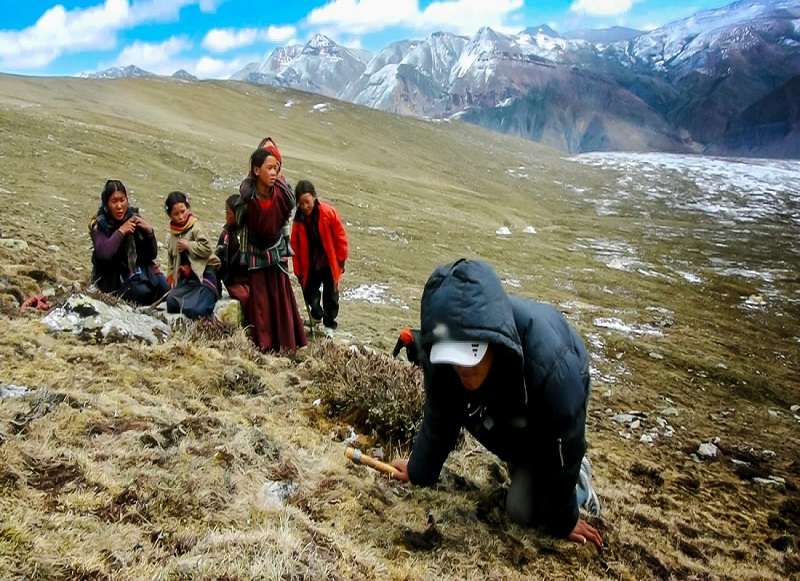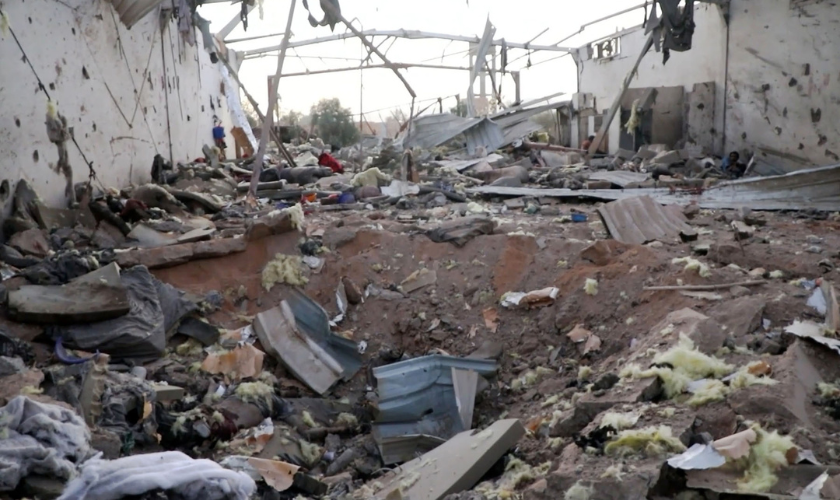Amnesty International's annual report, The State of the World's Human Rights , released on Tuesday, has highlighted a deeply troubling state of human rights globally in 2024.
The report warns that the world is being pushed toward a new era marked by a dangerous convergence of authoritarianism and unchecked corporate greed. Based on assessments from 150 countries, Amnesty cautions that the global human rights landscape is heading toward a full-blown crisis.
According to the report, the surge in authoritarian laws, policies, and practices—particularly those targeting freedom of expression, association, and peaceful assembly—has fueled a global backlash against human rights.
Amnesty also points to a collective global failure to address the climate crisis, rising inequality, and the unchecked influence of corporate power, which it says is endangering future generations. The report further criticizes governments for failing to regulate emerging technologies and for the misuse of surveillance tools, warning that these actions are deepening discrimination and inequality—especially through the growing use of artificial intelligence.
“Governments are causing further harm to present and future generations by failing to act responsibly,” the report stated. “We must stand united against reckless state and corporate power that seeks to undermine human rights. Our shared belief in the inherent dignity of all people must prevail.”
The report also painted a grim picture of the human rights situation in the Asia-Pacific region, where political instability and risks to human rights defenders and activists were prominent concerns.
In Nepal, the human rights situation was described as unsatisfactory. The report was jointly released by Bipin Budhathoki, President of Amnesty International Nepal, and Sarita Lamichhane, President of Prayatna Nepal. Amnesty International Nepal Director Nirajan Thapaliya noted that 300 journalists were killed globally in 2024, including 100 Palestinian journalists.
“The state of human rights around the world in 2024 was deeply concerning,” Thapaliya said. -- RSS











